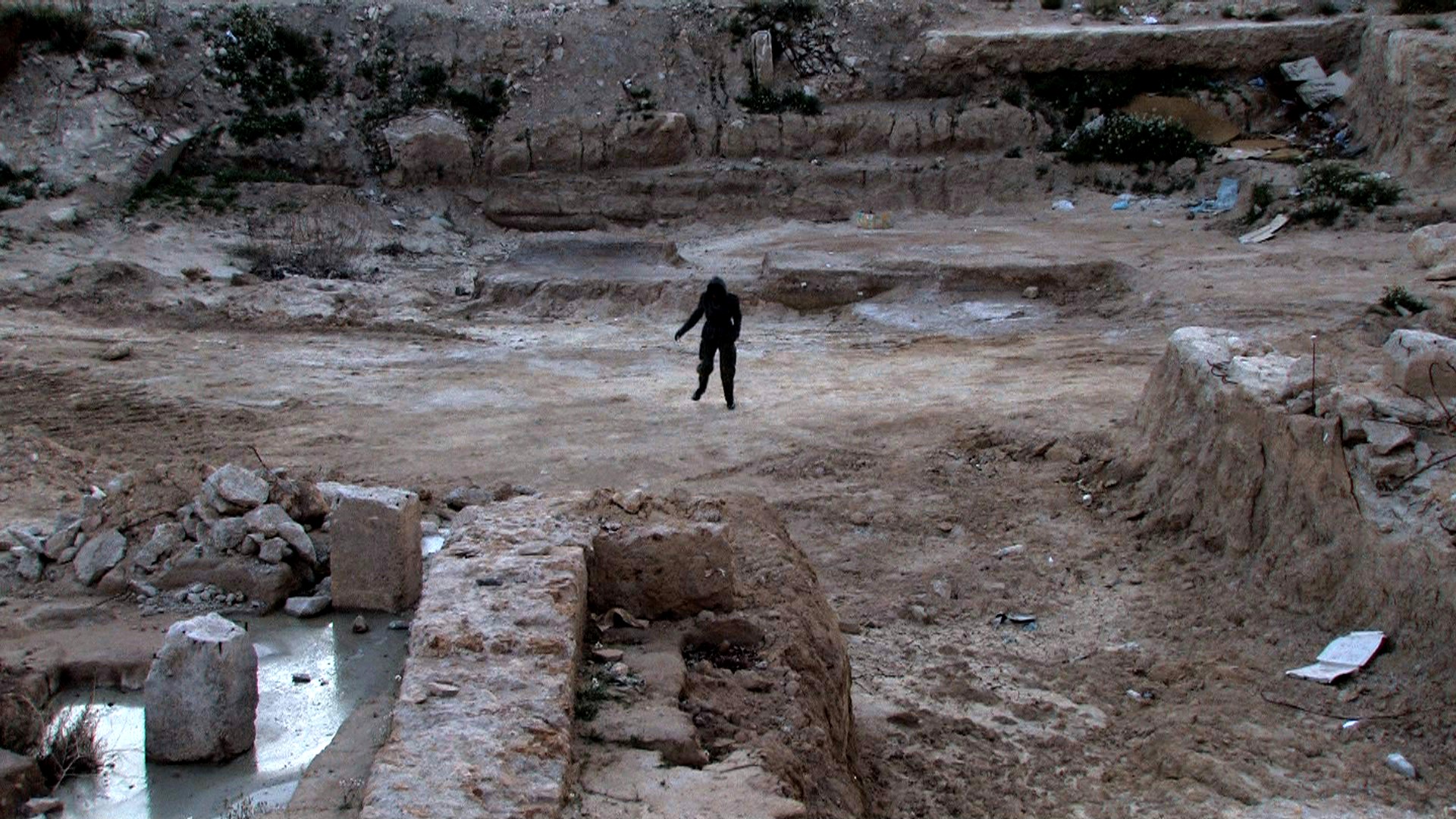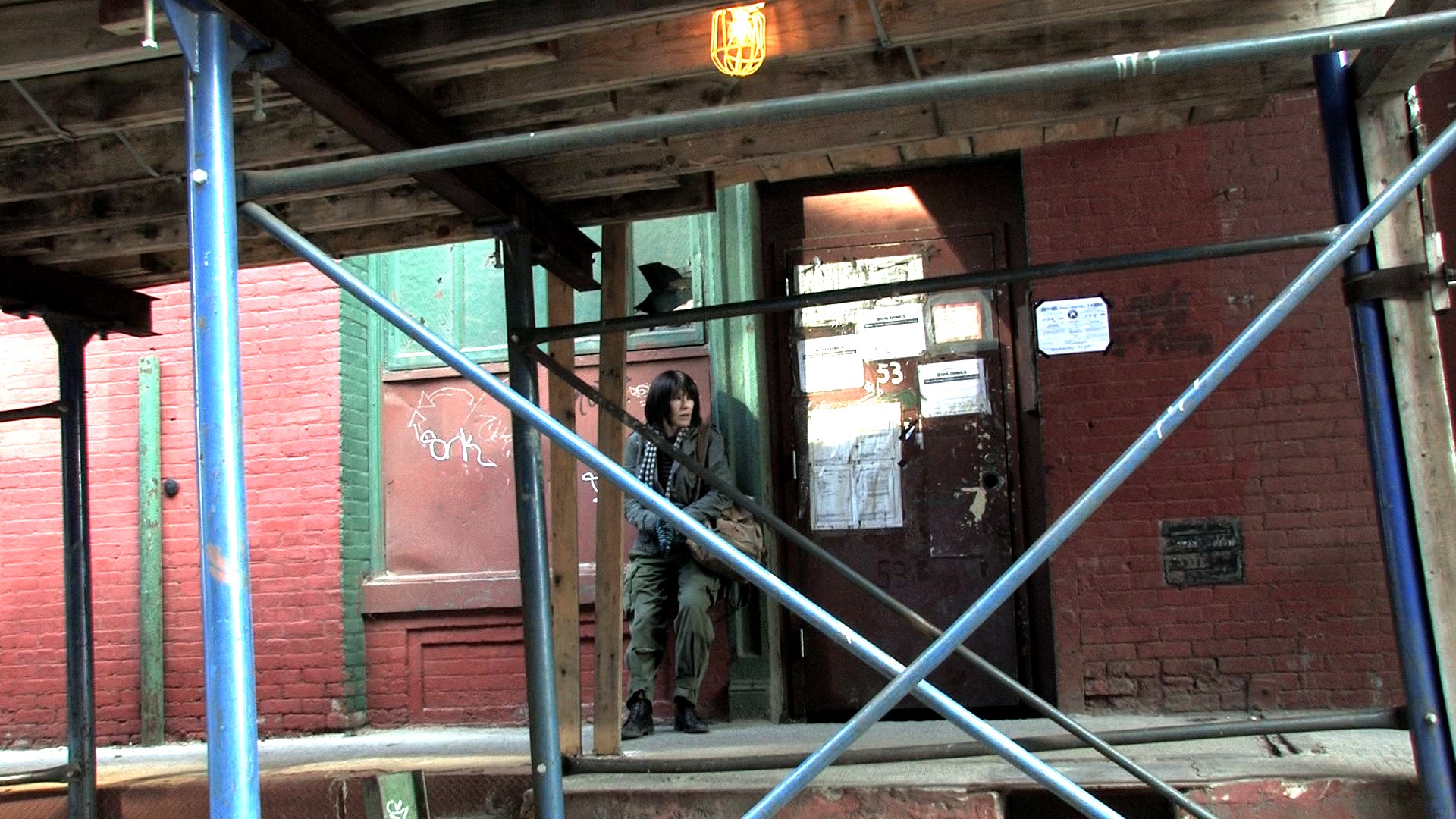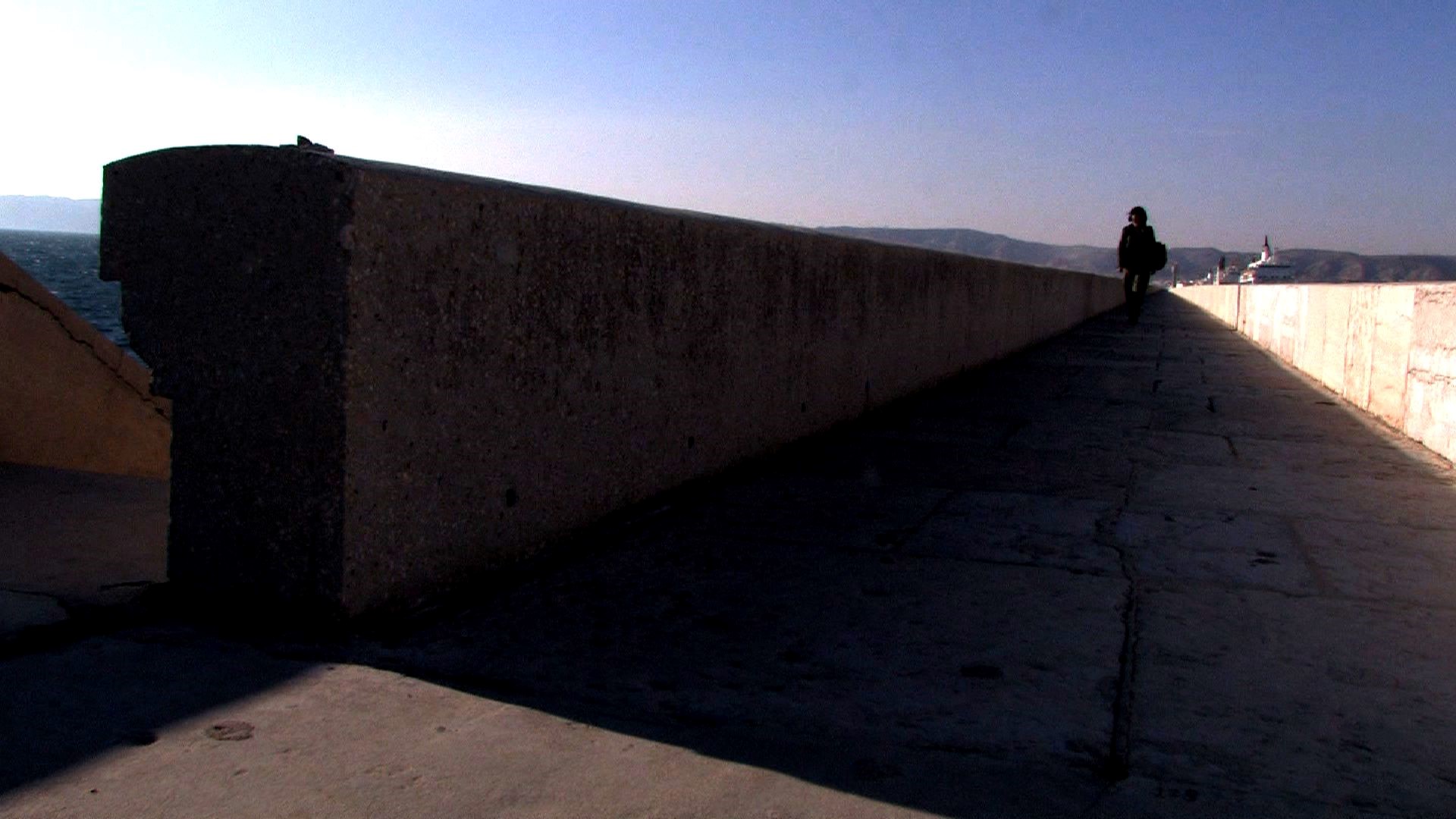OPEN OPERA
Everything is connected, the living is thus made.
Each of our thoughts, each of our acts teach us that we are alone.
We exist in and through this dialectic.
Open Opera is digging this field.
◊◊◊
The Memoirs of a Madman by Flaubert and Byron’s Darkness describe an apocalyptic nightmare, a black fragance that overwhelmed Open Opera and set the tone of the images. But it was also, and above all, a question of Mallarmé’s Book, an immense and of course unfinished poem, which was to contain all the poetry in the world. Mallarmé’s project became the red thread to which the film hangs to.
◊◊◊
After a brief inventory, the desired hypothesis for the disappearance of the tragedy begins. To do this, we had to imagine destroying what annihilates us. This daydream is built on two sides. On the front side, the intuition that one should simultaneously be detached from reality and immersed in it. On the back side, the conviction that there is neither old today nor future redemption, just an adventure that begins in the present and which we would be the authors: the beautiful today.
◊◊◊
To film a story of horror and the anger it generates, it was necessary to avoid the risk of setting oneself up as a master thinker, in demiurge. The film does not demonstrate anything, not a lesson given. I don’t sit in the court of history. I wanted to be somewhere else, an electron who tries to be free – complicated, irreverent and whimsical. I also risked taking the subject down the slippery slope of humanism, and therefore of guilt, of contrition, all things that feed most of the cinematographic production and were fundamentally contrary to the project. I therefore imagined a fanciful allegory: traveling with a ghost, accompanying him from alpha (Hubris, the City and its human clatter) to omega (Negens, the human absence). To avoid any pathetic outburst, I put into play what, over time, constituted my interpretation of reality so that a different story emerges that is both mine and further speaks to others.
◊◊◊
The formalism of the film is concretely an open opera, a work opened by its multiple twists and turns. M2, the Double, gets lost from his first steps in the city. His stupid wandering is the only rule, the tuning fork of the film. The characters that he meets in the city, as well as the voice-overs, are microcosms escaped from … who knows where. They open, each in its own way, the space of the film. These ludions parasitize, pollute or participate in the whims of M1, supposedly the demiurge. M1’s inability to organize a viable strategy will force her to constantly rethink her perception of reality, confronted with this insurmountable prolegomena: to know is to know that one does not know. The natural elements inhabit the images as they please, their capricious presence carries away that which imagined to constrain them, it had to be so. As for the sonic thread, it opens on a descending major sixth borrowed from Citizen Kane, a bizarre, magical interval followed by tortured variations – as obvious as that might seem.



